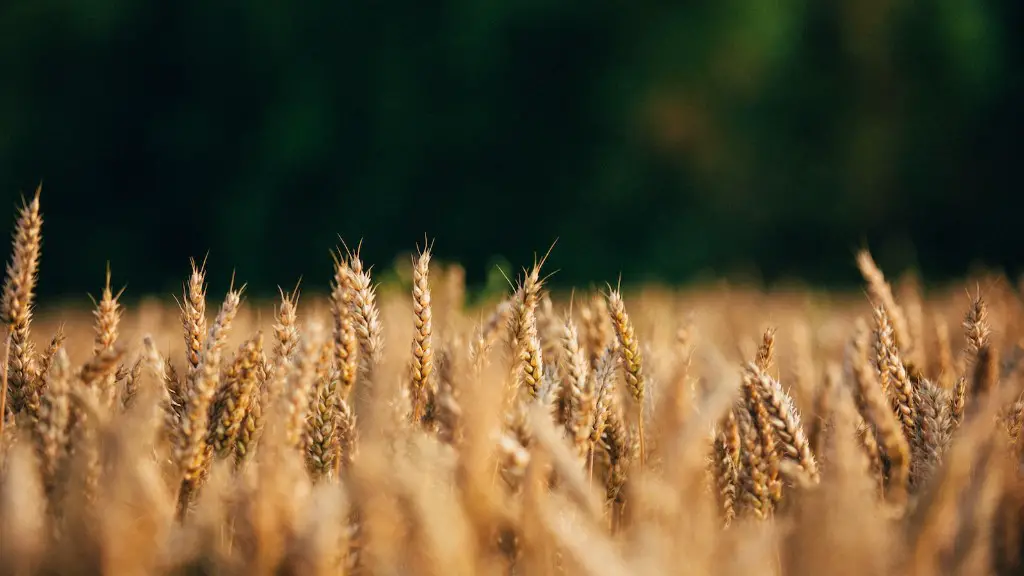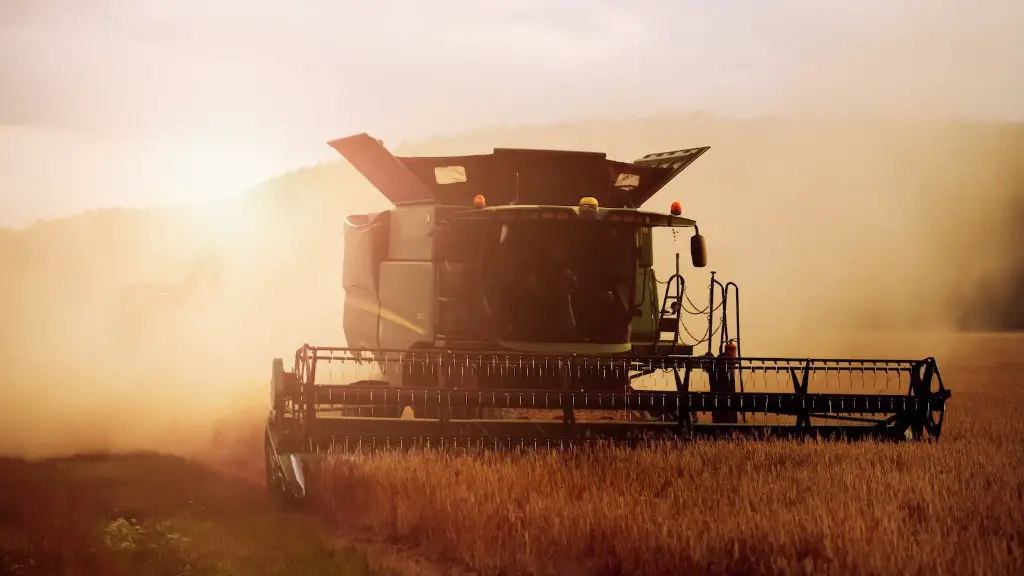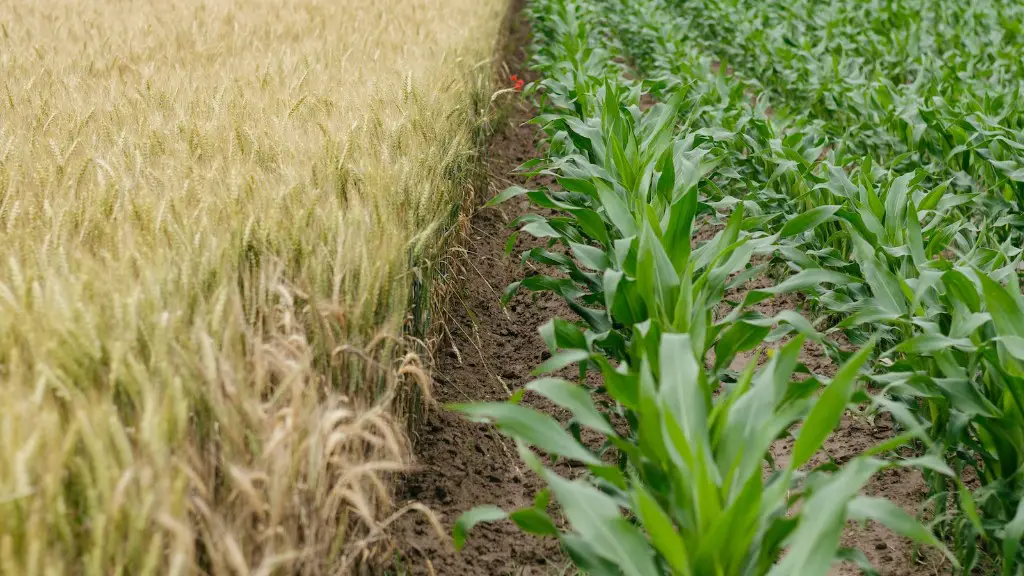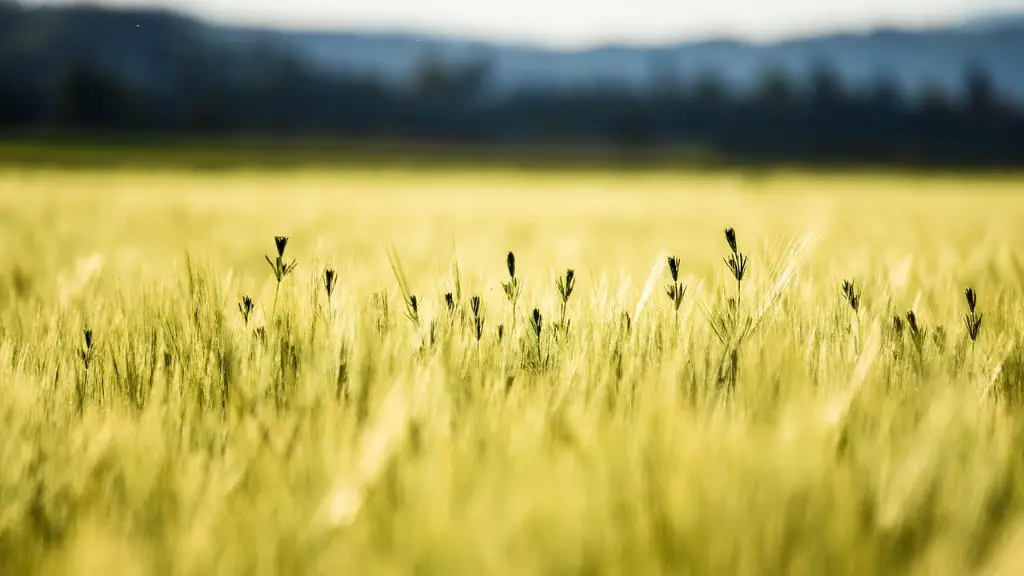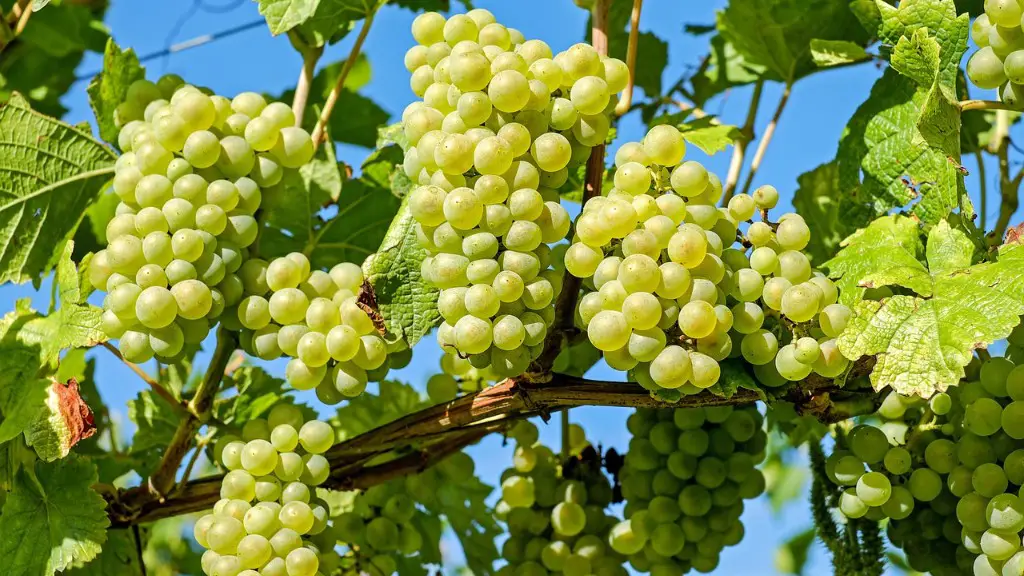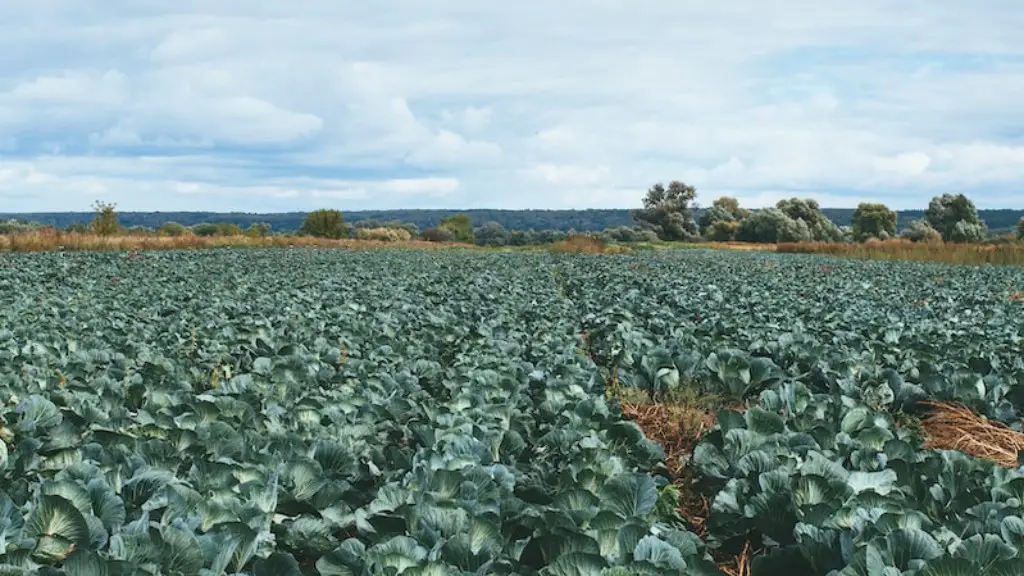The study of agriculture is incredibly important because it is the study of how we produce the food that we eat. It is estimated that over 90% of the world’s population depends on crops for their food. Agriculture also provides us with materials for clothing, fuel, and shelter. The United States Department of Agriculture (USDA) defines agriculture as “the science, art, and business of producing food, fiber, and other products from the land.”
agriculture provides us with food, fiber, and fuel. It also helps us conserve natural resources, create jobs, and support the economy.
Why is agriculture important in the US?
Agriculture is a vital part of the US economy, contributing a significant share of the country’s gross domestic product. In 2021, agriculture, food, and related industries contributed roughly $1264 trillion to US GDP, accounting for 54 percent of the total. The output of America’s farms alone contributed $1647 billion to this sum—approximately 07 percent of US GDP. Agriculture plays a vital role in the US economy and is a key sector of the country’s workforce.
The world’s population is expected to rise sharply in the coming years, which will put a strain on the world’s food supply. To meet the needs of the rising population, we must increase food production, protect the environment, and expand the natural resources supply. We must also sustain the economic viability of agriculture systems to ensure that they can continue to provide food for the world’s population.
What is the purpose of agriculture
Agriculture is a vital part of the world economy, providing food, fabrics, and other products for people all over the globe. The art and science of agriculture includes the cultivation of the soil, growing crops, and raising livestock. Agricultural products are essential for human survival and play a significant role in the global economy.
Agriculture is the backbone of human survival. Without it, we would not have the food, shelter, or clothing that we need to live. Raw materials for all of these things come from agriculture, making it an essential part of our lives.
What are the 10 benefits of agriculture?
Agriculture is important for a variety of reasons. It is the main source of raw materials for many industries, it is important to international trade, it plays a big role in a nation’s revenue, it provides employment, it is crucial to a country’s development, it can help heal the environment, and it goes hand-in-hand with war.
Agriculture is the primary source of raw materials for key businesses including cotton and jute fabric, sugar, tobacco, and edible and non-edible oils. Drugs, diesel fuel, polymer, and other significant sectors rely on these elements in ways that many people have no idea of. The agricultural sector is thus of utmost importance to the Indian economy and its development.
How did agriculture change human life?
Agriculture is the foundation of cities and civilizations. It allows for the domestication of crops and animals, which provides a reliable food source. This in turn leads to a population increase, as people no longer have to worry about where their next meal will come from. Today, the global population is over seven billion thanks to agriculture.
Agriculture brought about important changes in man’s life. He gave up his nomadic life and settled down in selected areas. He could grow his own food and no longer was a wanderer or gatherer. This settled life led to the development of civilizations.
What will happen without agriculture
Agriculture is the foundation of civilization and any stable economy. Without agriculture, it is not possible to have a city, stock market, banks, university, church or army. Agriculture provides the food that we eat, the clothes that we wear, and the materials that we use to build our homes and other infrastructure. Agriculture is also a major source of employment and economic activity. In developed countries, agriculture accounts for a small percentage of the economy, but in developing countries, it can account for up to 50% of the economy.
Agriculture can be a powerful tool to reduce poverty. It has the potential to raise incomes and improve food security for the millions of people who live in rural areas and work in farming. The World Bank Group is one of the leading financiers of agriculture, and we are committed to supporting the sector. We are working to help countries develop policies and investments that will unlock the sector’s potential and create opportunities for all.
Why is agriculture important to the economy?
Agriculture plays a vital role in the economic growth and development of a country. It is the backbone of the Indian economy as it provides food for the growing population and also supplies raw materials to the industries. The sector employs a large chunk of the workforce and contributes significantly to the Gross Domestic Product (GDP). In recent years, the government has taken several measures to promote the growth of the sector and make it more productive and efficient. These initiatives have helped in boosting the agriculture sector and the economy as a whole.
It is essential to have healthy soils in order to have a thriving agricultural sector. Agricultural practices that boost soil fertility are therefore critical in ensuring food security and economic stability. Not only do these practices help to prevent the exhaustion of soils, they also increase biodiversity of favorable soil fauna and flora. This helps to create a more balanced and resilient ecosystem that can better withstand the challenges of climate change.
How does agriculture reduce poverty
The very poorest people in society benefit the most from agricultural growth. This is because when agricultural growth increases, the demand for labor also increases. This creates more opportunities for employment and can also lead to higher wages. This means that the poorest people in society have more money to spend on basic necessities, which can help to improve their quality of life.
The Agricultural Revolution was a major turning point in human history. The shift from hunting and gathering to agriculture changed the way humans lived and allowed for the development of civilizations. The Agricultural Revolution had a profound impact on the world and shaped the course of human history.
What was a result of the agricultural?
The Agricultural Revolution saw a marked increase in agricultural production and technological advancement. This led to unprecedented population growth and the development of new agricultural practices. These innovations triggered various phenomena, such as rural-to-urban migration, the development of a coherent and loosely regulated agricultural market, and the rise of the bourgeoisie.
Agriculture is essential to human life as it provides food, clothing, and shelter. It helps people to enjoy a higher quality of life by providing them with necessities that they would otherwise have to go without. Agriculture also helps to support the economy by providing jobs and generate revenue.
Final Words
Agriculture provides us with food, fiber, and other products. It also helps to clean the air and water, and provides habitat for wildlife.
Agriculture is important for many reasons. It provides us with food, helps to control erosion and provides habitat for wildlife. Agriculture also supports the economy by providing jobs for people.
